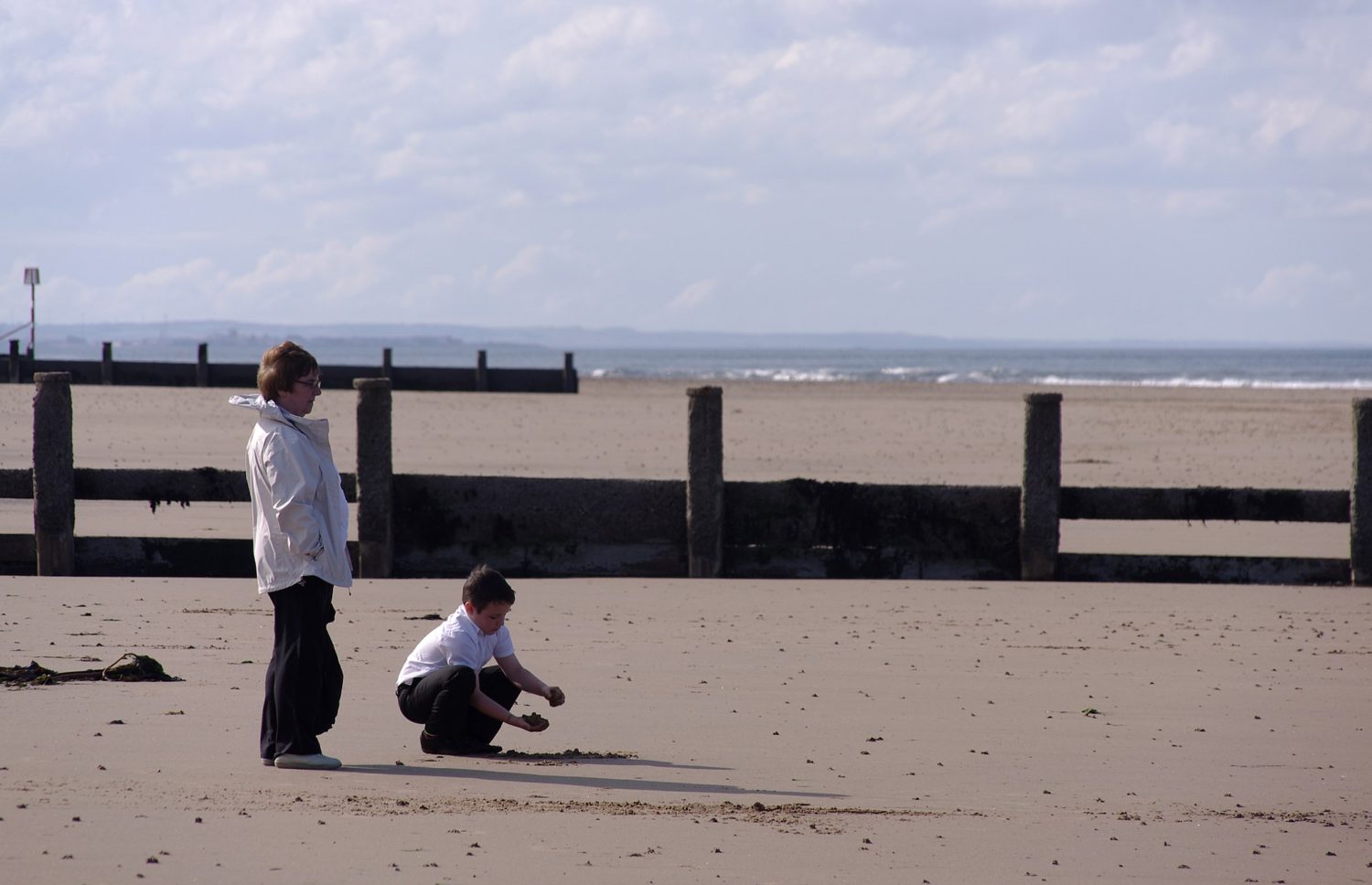Defending the voiceless
The north of England is facing a child poverty epidemic. It's a result of decisions made by this government, argues Emma Lewell-Buck
Once you have experienced poverty, it never leaves you. Enduring scars remain, and the injustice of deprivation in a country as wealthy as ours fosters a burning desire to make sure that people, especially children, are never left hungry, cold or without.
As the cost-of-living crisis worsens, vulnerable children and families, especially in the north of England, are being pushed to the edge. My own region, the north east, has seen a staggering 12 point increase in the child poverty rate over the past six years, leaving it with the highest rate in the country at 38 per cent.
All the while, the government has been in a state of chaos: in this year alone, we have seen three prime ministers, four chancellors and four children’s ministers. This instability has compounded the damage successive Tory administrations have done to our economy and public services over the last 12 years, and exacerbated a growing gulf between those who have and those who have not. We simply cannot wait for answers from the government. This is why the Child of the North All Party Parliamentary Group (APPG) was created.
I was elected as co-chair of the group at our inaugural meeting. With the cost-of-living crisis deepening, and energy bills soaring, we saw that urgent action was needed in relation to hunger and fuel poverty and agreed to produce our initial report and recommendations by January. We have and will continue to bring together cross-party policymakers and experts in child outcomes to find solutions to the problems facing children and parents in the north of England.
The APPG will build on the Northern Health Science Alliance’s Child of the North report. Launched in parliament earlier this year, the report paints a stark picture of inequality between children growing up in the north and those in the rest of the country. These disparities, exacerbated by the pandemic, are set to intensify and escalate without intervention.
Whilst poverty is, sadly, not a new experience for many children in the north, the scale and severity of deprivation is now unprecedented. Children in the north as a whole have a nearly 30 per cent chance of living in poverty compared to the (still shocking) rate of 20 percent for children across the rest of England. And work is no longer a route out of hardship. In the north east, 41 per cent of key worker households with children experience child poverty.
At an individual level, poverty is often all-encompassing. Our expert witnesses told us stories of children coming to school hungry, exhausted, and without shoes, and missing health appointments because travel was unaffordable. Not only does such hardship impact a child’s health and development; it also stifles social mobility, as Sophie Balmer, a youth ambassador from the End Child Poverty coalition, elaborated: “The greatest impact was on my education… missing a meal and feeling hungry throughout the day creates anxiety.” Throughout the pandemic, children in the north missed more schooling than their peers across England, with an estimated £24bn in lost wages over their lifetime.
Children in the north are more likely to die before the age of one. And, shockingly, one of our witnesses told us how expectant mothers have been forced to have abortions because they cannot afford another mouth to feed and clothe. This is truly dystopian.
Government inaction has led to charities becoming a permanent part of the welfare state, but as we are seeing, this model is unsustainable. Increased demand is not being matched by increased donations. Many of those who would once have donated or given their time to these charities are now struggling themselves. It is a long-recognised and fundamental problem with relying on charity that the support donors and volunteers provide tends to contract just as it is most needed. This is something borne out by a visit to any food bank: shelves are empty and volunteer numbers depleted.
All of us on the APPG are committed to change. Raising social security in line with inflation, scrapping the two-child benefit limit, pausing universal credit sanctions for families with children, extending free school meals eligibility and a windfall tax on energy companies would be a good start to stemming child poverty levels, but we know that these policies on their own won’t be enough.
History shows us that poverty isn’t inevitable: it is a result of choices made by governments. Under the last Labour government, policies such as the minimum wage, increased benefits for families with children, increased financial support for childcare, and Sure Start lifted 800,000 children out of poverty.
Not surprisingly, our cross-party cohort consists of former ‘children of the north’. The struggling children and families who we meet in our communities don’t have a voice, but we do. We owe it to them to make sure no child in the north goes hungry or cold, and I am confident we will.
Image credit: mattbuck, CC BY-SA 2.0 via Wikimedia Commons

